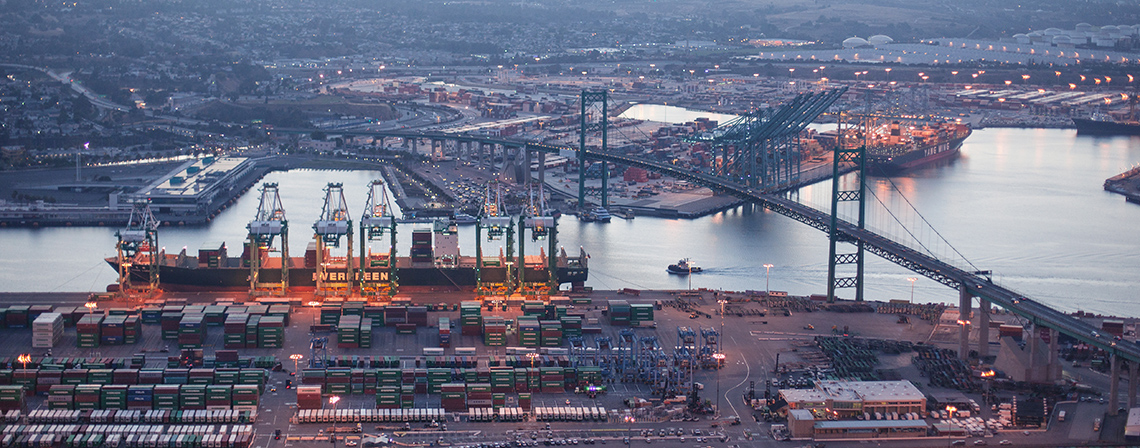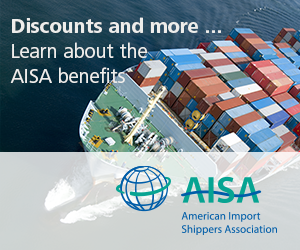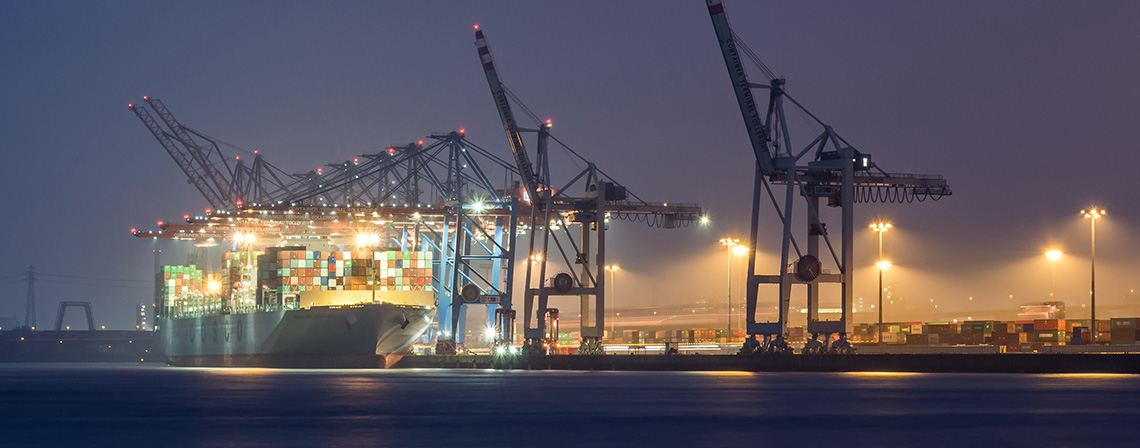Current Business Model
According to the California Trucking Association (CTA), there are more than 70,000 predominantly minority-owned independent truckers operating in California. It is therefore very likely that your containers are currently being picked up by independent contractors which own their trucks. Many of these independent contractors are hired by large, well known trucking companies, many of them contract with multiple trucking companies, both large and small. Many of the independent contractors are small businesses themselves and utilize employees and contractors. This business model has existed at California ports for many decades.
New Developments
California AB 5, predated by a ruling of the California Supreme Court, will become law in California on January 1, 2020. It upends the existing California port trucking model by forcing licensed trucking companies to classify the independent contractors they hire as their employees. Beyond port trucking, AB 5 has a broad effect on all industries that use independent contractors, including Uber, Lyft and ultimately Amazon. Obviously AB 5 is highly political, galvanizing workers’ rights organizations and elected officials on the one side, against all businesses (large and small) that make use of independent contractors. A federal suit was filed in November 2019, challenging the California Supreme Court ruling and AB 5 which is based on this ruling.
What Will Be Happening to MY Cargo on January 1st ?
I surveyed some companies that dray cargo at the Los Angeles / Long Beach harbors. Many companies tell me they will continue doing business in their current model. Some trucking companies will ask (they can’t compel) their drivers to become employees. This is complicated, however, as many of the independent contractors own their trucks. The third model is for independent contractors to obtain operating authority in California. Some large over the road trucking companies are telling their independent contractors that if they want to maintain their current status, they need to move out of the state.
Conclusions
In the short term I do not expect any disruption in harbor pickups and deliveries after January 1st, as most harbor drayage companies are not changing the way they do business. However, If and when California is able to enforce the new law, disruption is likely, and upward pressure on harbor drayage costs must be expected.
Robert Krieger is President of Krieger Worldwide – Customs Brokers, Freight Forwarders and 3PL providers – and has been a Licensed Customs Broker for over 35 years.





